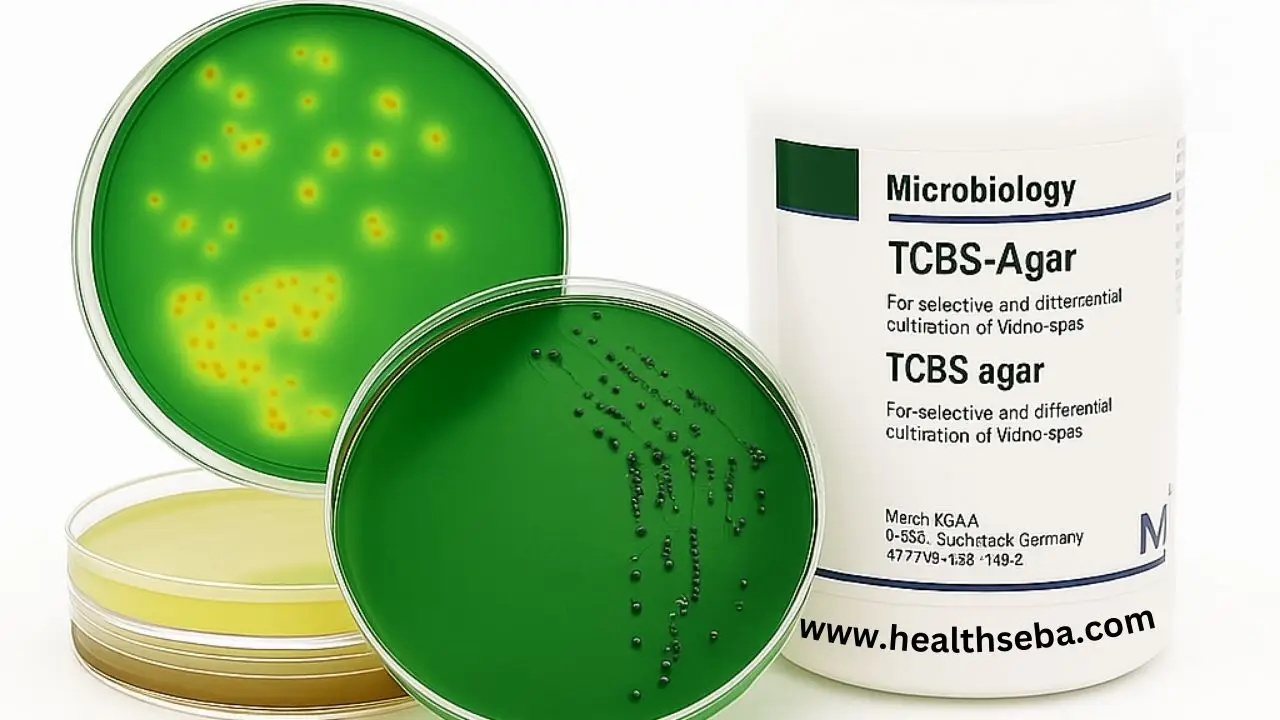Introduction
Routine Test During Pregnancy ensures the health of both mother and baby. Pregnancy causes various physical changes in each trimester, and performing tests at the right time prevents complications while supporting proper care throughout this period.
First Trimester (1st to 12th week)
At the beginning of pregnancy, some important tests help assess the mother’s initial health status.
Required Tests:
Blood Test (Blood Group, Rh Factor, Hemoglobin, Sugar, Thyroid): Determines any blood-related problems or infections.
Urine Test: Checks kidney function and detects potential infections.
HIV, HBsAg, HCV, VDRL Test: Identifies infectious diseases that may affect pregnancy.
Ultrasound (Early Pregnancy Scan): Confirms the position, age, and number of fetuses in the womb.
Performing these tests within the first three months significantly lowers risks for both mother and baby.
Second Trimester (13th to 27th week)
During this stage, the baby’s organs develop, making specific tests essential.
Required Tests:
Double Marker (11–13 weeks): This non-invasive first-trimester screening assesses the risk of chromosomal abnormalities in the baby, including Down syndrome, Edwards syndrome, and Patau syndrome.
NT Scan (11–13 weeks): Measures the fluid-filled space at the back of the baby’s neck to evaluate the risk of chromosomal abnormalities such as Down syndrome, Edwards syndrome, and Patau syndrome.
Anomaly Scan (18–22 weeks): Conducts a detailed ultrasound to check for structural abnormalities and developmental issues in the fetus.
Triple Marker Test / Quadruple Test (16–18 weeks): Screens for potential fetal abnormalities, including chromosomal disorders like Down syndrome and neural tube defects.
Blood Sugar Test (GTT): Detects gestational diabetes to help manage maternal and fetal health.
These tests help prevent future complications and ensure proper monitoring of both mother and baby.
Third Trimester (28th week to delivery)
Regular monitoring is required to protect the mother and baby in the final stage.
Required Tests:
Complete Blood Count (CBC): The amount of iron in the blood is known.
Urine Routine & Culture: Helps prevent infection.
Ultrasound (Growth Scan): The baby’s weight, position, and placenta condition are checked.
Non-Stress Test (NST): The baby’s heartbeat and oxygen supply are checked.Regular checkups and proper tests ensure a safe delivery for the mother.
To do
Attend regular pregnancy checkups. Complete all tests on schedule according to the doctor’s advice. Maintain a balanced diet and get sufficient rest.
What not to do:
Always complete all recommended tests on time. Take medications only as prescribed by your doctor. Manage stress effectively to support a healthy pregnancy.
Conclusion
Routine Test During Pregnancy protects the health of both mother and baby by monitoring key indicators at each stage. Tests in every trimester work together to provide a complete picture of pregnancy health. Following the doctor’s advice and getting tested regularly ensures a safer and healthier journey to motherhood.
Related Posts
Hazards Of Medical Workplace
Introduction Clinical biochemistry laboratories handle blood, urine, body fluids, chemical…
